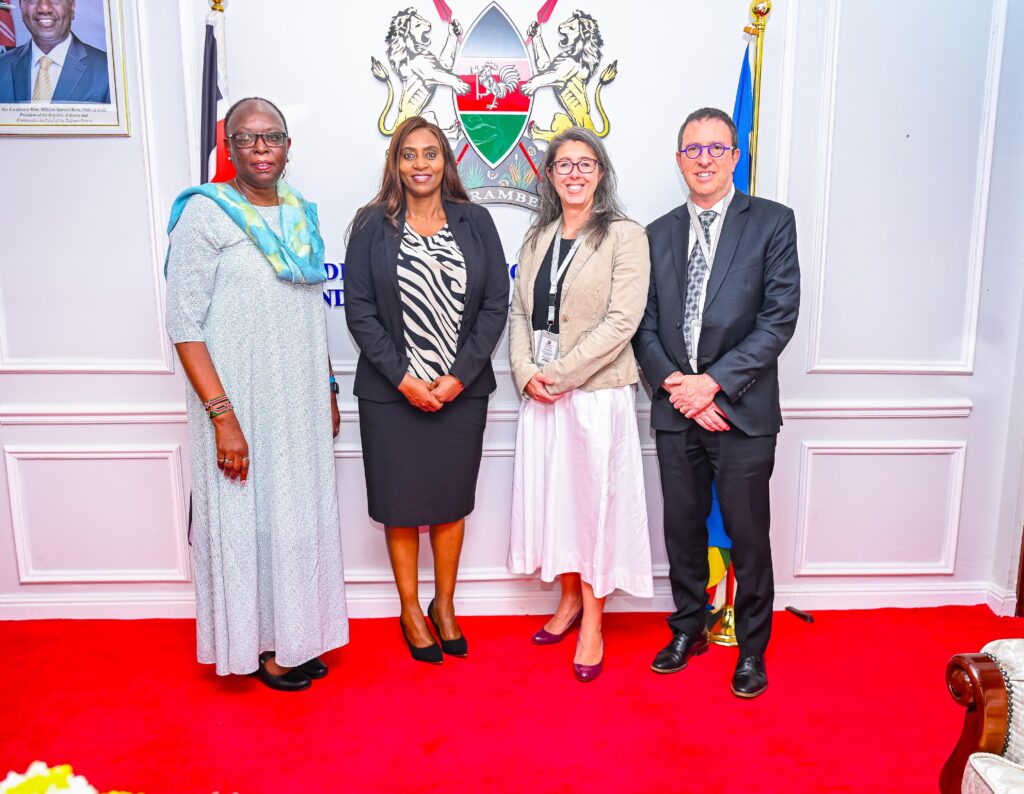Kenya has stepped up its efforts to combat vector-borne diseases with renewed focus on innovative prevention solutions. The Principal Secretary for Public Health recently held a high-level meeting with senior executives from SC Johnson Global to discuss collaboration in the fight against dengue and malaria.
Central to the discussions was the Guardian, an advanced vector control product developed by SC Johnson. The product has gained recognition following World Health Organization (WHO) policy recommendations endorsing its use in controlling mosquito populations. With dengue and malaria remaining among the most pressing public health challenges in Africa, the integration of such technologies is viewed as a crucial step forward.
The Public Health Secretary emphasized the government’s commitment to implementing innovative approaches that protect vulnerable communities and strengthen national disease prevention programs. She noted that partnerships with global leaders in health technology and private sector innovators are vital to accelerating progress against persistent threats like malaria, which continues to place a heavy burden on healthcare systems, and dengue, which has emerged as a growing concern in urban settings.
The SC Johnson delegation, led by Executive Director for Government Relations, Greg Walters, underscored the company’s readiness to work closely with Kenya in deploying solutions that align with the country’s health priorities. He was accompanied by Martin Wamoni, Director of Government Relations for Africa, the Middle East, and Turkey, who highlighted the potential for regional collaboration that could scale the impact of successful interventions.
The discussions opened avenues for piloting and scaling innovative vector control programs that blend scientific research, policy support, and community-level implementation. Both parties expressed optimism that the partnership could serve as a model for other countries facing similar challenges across Africa and beyond.
As global health organizations continue to advocate for integrated strategies in combating mosquito-borne illnesses, Kenya’s engagement with private sector innovators reflects its proactive stance in safeguarding public health. The move not only strengthens preparedness against outbreaks but also advances the long-term vision of reducing the transmission of malaria and dengue through sustainable, science-driven solutions.

